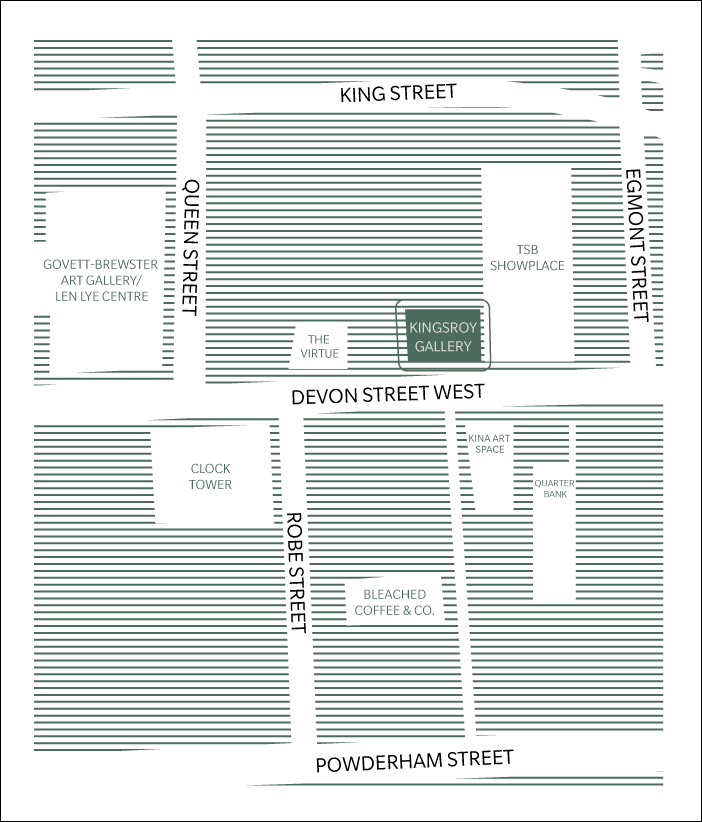Conceptual artist John Shewry presents a collection of works that reflect on the complex legacies of colonisation and the material waste of modern life. Created in what Shewry calls “the most luxurious time in history,” this body of work questions how we use our time and resources today, contrasting our era of abundance with histories marked by struggle, displacement, and survival.
At the heart of the exhibition is an invitation to reconsider the word “colonise.” Rather than viewing it solely through the lens of historical trauma, Shewry asks us to see colonisation as a continuing process, one that plays out in subtle and systemic ways across politics, culture, and land. The works in The Long Horizon suggest this is not adistant issue, but something present on everyone's shores.
Shewry constructs his pieces from discarded and second-hand materials, reworking everyday objects into layered visual statements. Motherboards, cake tins, children's toys, old ceramics, road signs and plastic remnants; items once made to be useful or noticed, then forgotten, are transformed into artworks that speak to consumerism, waste, colonial legacy, racial inequality, war, and personal grief.
These assemblages are not just visual but conceptual. Each object carries memory and meaning, and its new contexts provoke thought, emotion, and conversation. The titles often serve as clues or provocations, prompting viewers to engage more deeply with the work and what it suggests about society and self.







